Promoting a framework for equality, diversity and inclusion (EDI) strategies in the green building sector goes hand in hand with developing new design and construction initiatives to meet low-carbon and sustainable building targets.
Important starting points for EDI include understanding it should be a business project, not a human resources one, and that it needs the full support of the company’s leaders, said Michele Walkau, senior vice-president of brand and culture for First Capital REIT (FCR).
Success comes when all employees are engaged and recognized for sharing their ideas, Walkau said at the Women in Green Symposium held as part of the Canada Green Building Council’s conference Building Lasting Change.
One of three women panellists on the subject of EDI in the green buildings sector, she told the webinar that FCR set up an employee council about a year-and-a-half ago with 22 employees.
“We created our own mission for EDI with 22 sets of ideas.”
Walkau told the panel “so much creativity and innovation” is unleashed when the workplace is seen by all employees as “a safe place where ideas can flow and you can become more confident in bringing your full self to work.”
EDI initiatives, she added, can help employers understand not only their employees, but their customers.
“We operate all across Canada in different communities with different traditions.”
Co-moderator Kathy Wardle, principal and director of sustainability of Perkins&Will, told the webinar how to design “safe places…places that are inclusive,” whether they are community centres, master plans or new workplaces, is a new conversation at the architectural firm. Those designs often start with engaging future users on what works for them.
Kait Tyschenko, project manager with Pomerleau, said for a framework of equity to exist in a company, all employees should have opportunities “to be their best selves.”
One means of meeting that end is for employer health care plans to be equal for all workers, regardless of gender identity labels.
“From a trans and non-binary perspective, it means including trans health care in your packages (benefits) as a standard,” they pointed out.
As it stands, only a portion of “top surgery” in Ontario is covered, which can result in a financial obstacle for a person to “becoming their best self.”
Tyschenko emphasized the importance of sponsorship, where a new recruit is taken under the wing of an experienced worker who advocates on their behalf, but doesn’t take a role in training/teaching as a mentor does.
Jenniffer Sheel, director of municipal services with the University of British Columbia, said while EDI is about safety in a workplace (cultural and psychological safety are examples), some employers haven’t got past the idea of safety as solely being a physical issue in the workplace.
Sheel said she has conducted a number of presentations for employees, covering everything from cultural appropriation versus cultural appreciation to definitions within the LGBTQ framework of communities. Sheel’s efforts have hit home with many workers who are coming forward with additional presentation ideas, while managers in the municipal services department grow comfortable enough to take once-considered sensitive discourse to frontline staff.
While Walkau said she hopes EDI will become embedded in culture, eliminating the need some day for an EDI council, one viewer to the virtual symposium asked what employers need to do to reduce barriers to employment for underrepresented populations.
Progressive recruitment policies filter out once-common questions to job applicants such as where they are from, Walkau responded.
The idea is to evaluate “the traits, their talent and their experience…regardless of their name, address.”
Co-moderator Sarain Fox, Indigenous storyteller and cultural and gender inclusivity advocate, said conversations on EDI have to grow in every sector, not just in construction.
“The real truth of this work is that it is not about changing little things.
“It is about taking (the foundation down) and starting completely brand new.”


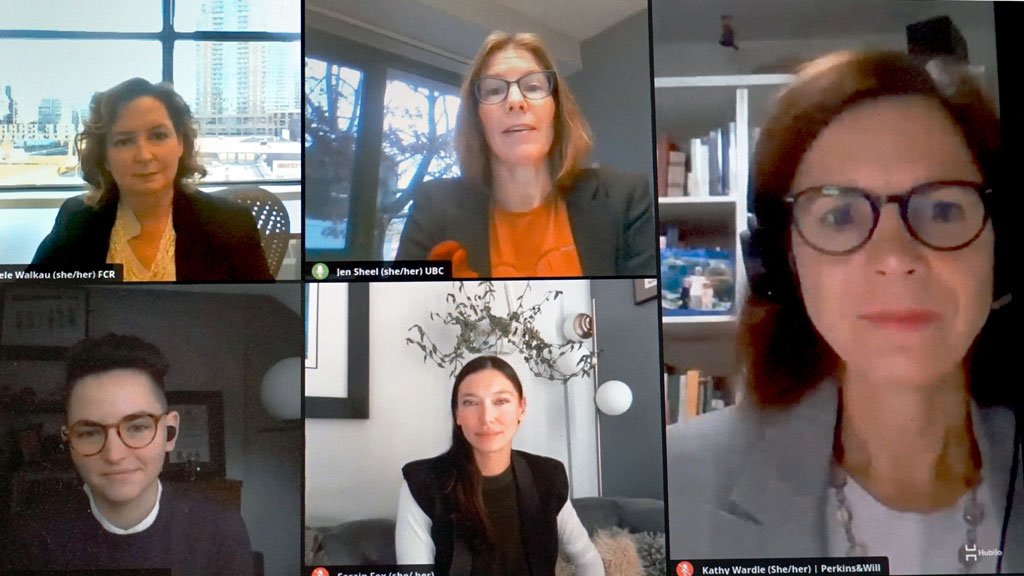
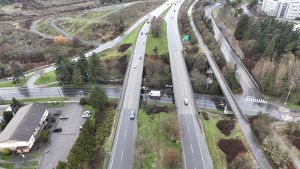
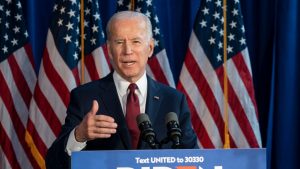



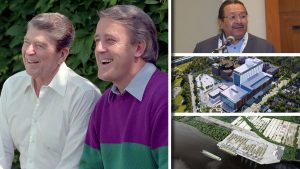
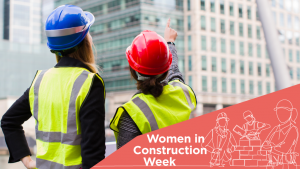
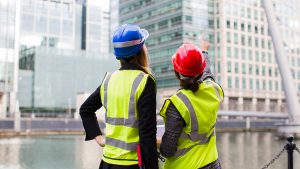
Recent Comments
comments for this post are closed